I remember when I was a kid, puerh was some nasty, bitter stuff that nobody sane should drink. Going to eat dim sum and having puerh…. I’d skip the puerh and just eat the dim sum.
Now, of course, things have changed, and puerh is no longer so bitter. I had some traditionally stored stuff from Hong Kong today, and it was smooth, sweet, and quite good for an afternoon (and evening) of tea.
Very often such teas are described as musty, but I tend to think that the properly aged ones, especially if given suitable time in a dry environment, should not be musty at all. Earthy, of course, but not musty. It is often difficult to resist the temptation to drink such things right away when one has acquired them, because, well, they are purchased with money and nobody really wants to sit on things they bought and not touch them. Yet, I think sometimes anyway, such things should indeed be left alone even after purchase. The tea I had today was, I think, more musty when I first got it — coming straight out of a very traditional storage condition where the teas had plenty of time to rot. Two years later, drinking it now, I think it is much better — smoother without the strong storage taste. Traditionally stored taste will never leave the tea, but smooth, aged puerh taste doesn’t have to be musty.
That, in fact, is what I worry about when I read pages after pages of talk, both in English and Chinese, about how traditional storage is no good and how one can’t stand such musty taste (very common among Chinese drinkers from drier climes, such as Beijing and Kunming) and how teas must be “clean”. When given a truly old tea, traditionally stored, to drink, they often think it is cooked. Therein lies the irony — cooked tea was, in many ways, an attempt by man to approximate the taste of aged puerh. Yet, now, aged puerh is mistaken as cooked.
The other more obvious irony is, of course, how cooked tea is just as, if not more, unsanitary as traditionally stored tea, especially if it’s coming from a smaller factory with unknown procedures for doing these things. I was just talking with my friend L from Beijing today, and he said after his visit to a puerh factory’s cooked tea section, he will never ever drink a small factory cooked cake again — it’s just too disgusting. Yet, out of sight and out of mind, I never hear any of these tea drinkers who demand “clean” tea telling me that cooked tea is dirty. Instead, cooked tea is wonderful — rich, smooth, good for your stomach — everything a raw tea is not (and there’s really no need for me to go through the usual arguments for raw tea, is there?).
The usual retort from those who don’t subscribe to such heretical views that traditionally stored tea is bad is that they are usually espoused by people who don’t own any old, traditionally stored teas. If you only sell cakes that are 5 years old or less, all stored in a dry climate, then why would you promote a tea that you don’t have access to and that can’t be produced in your location? Indeed, it’s like a longjing seller telling you that longjing is really not that good — you should drink sencha instead. Doesn’t happen. Of course, the same people who criticize are also the ones who do the exact opposite — dry stored teas or young teas, so I have been told, are no good. They are bad for your body (that’s actually true), and they taste awful (taste depends on individuals, as everybody discovers at some point). Therefore, only what they have is good.
While it is not as common in the online world, but I know some cases of “tea master”s out there who have, over time, changed positions on a number of things that they used to hold true. A case I’ve heard was actually regarding storage of oolongs — first, tea master said, only high fired oolongs can be stored. Then, after a while, tea master said low fired oolongs can also be stored. The person who told me about this noted that the change in position somehow coincided with a change in the composition of the oolongs on sale at said tea master’s store. You probably don’t need me to tell you how the composition of the teas on sale changed.
I know I often seem (ok, am) quite skeptical with any sort of claims made by almost anybody regarding tea. I do have long held beliefs, but am not completely closed to changing of my mind given enough evidence. I do think, however, that it is very easy, especially when one’s source of information is only the internet, to buy too much into one side of the story without hearing another, or to treat information given by some authoritative individuals as somehow better, especially if said individual happens to sell some teas that fit right into the description of whatever is being taught. I remember being trapped that way before, and perhaps it is a case of once bitten, twice shy. I’m not saying the internet is full of snakes, but snakes can come in all forms — sometimes involuntary ones who are merely passing on bad information from others. Challenges to claims being made is generally a good thing — after all, that’s how we advance our knowledge on any given subject. If I ever make grandiose claims you think is hot air, please let me know. It’ll help keep me honest.


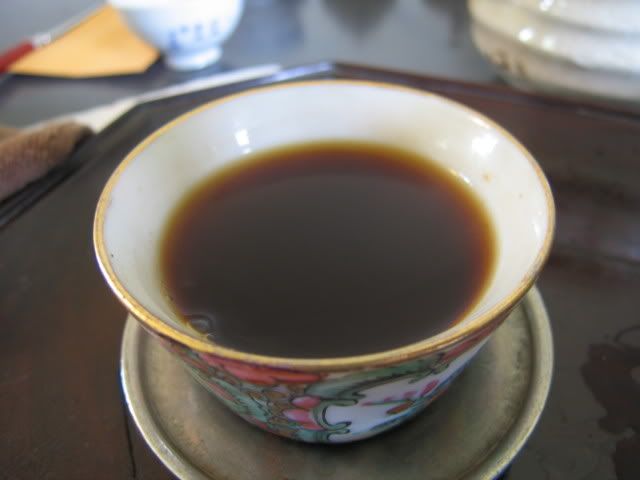
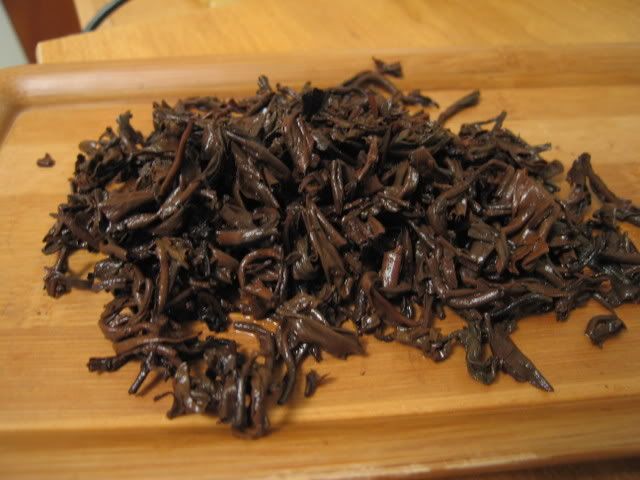
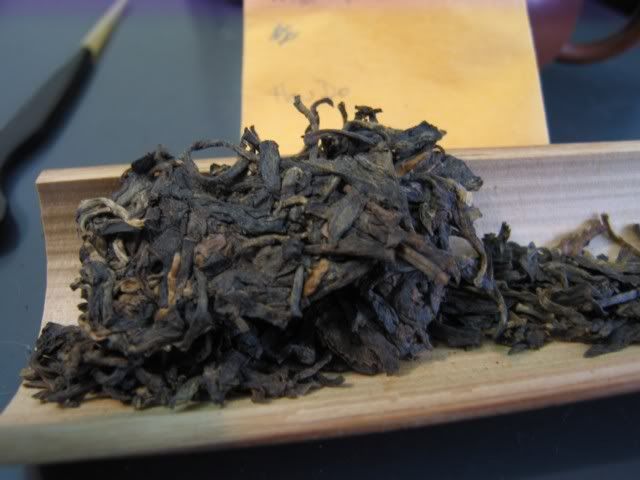
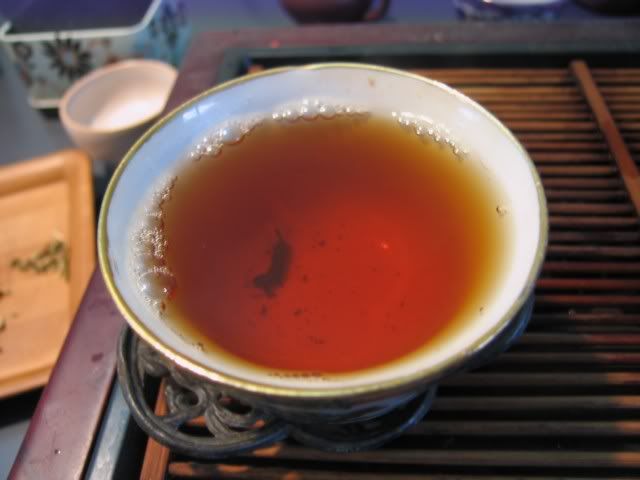
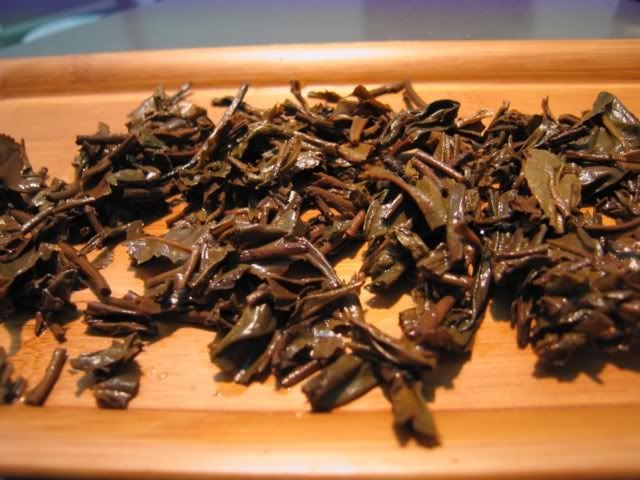
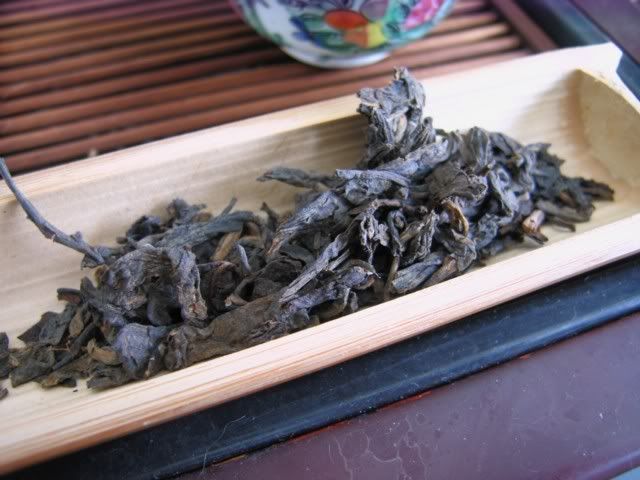
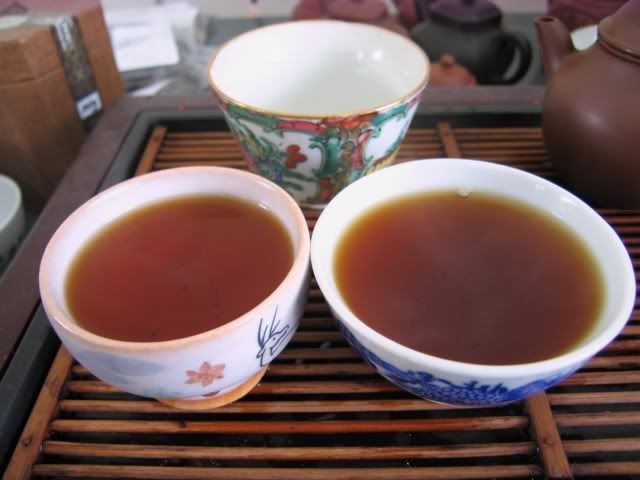
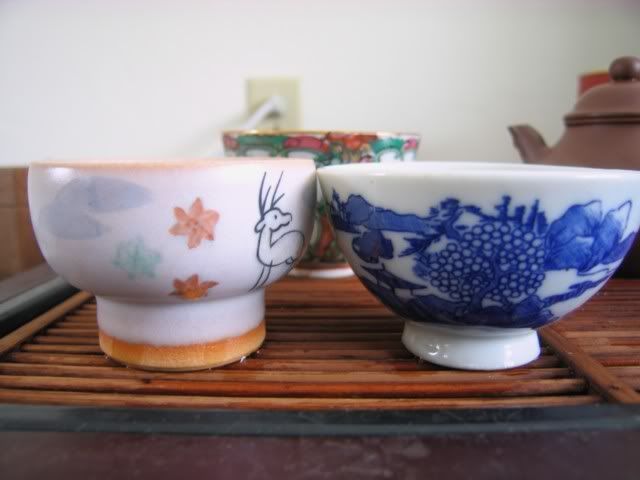
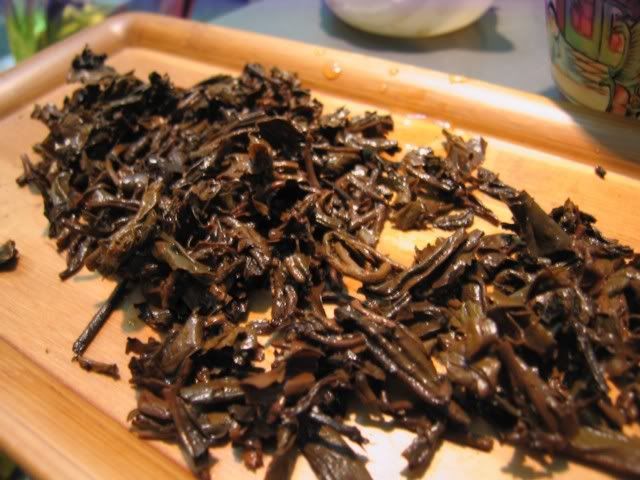
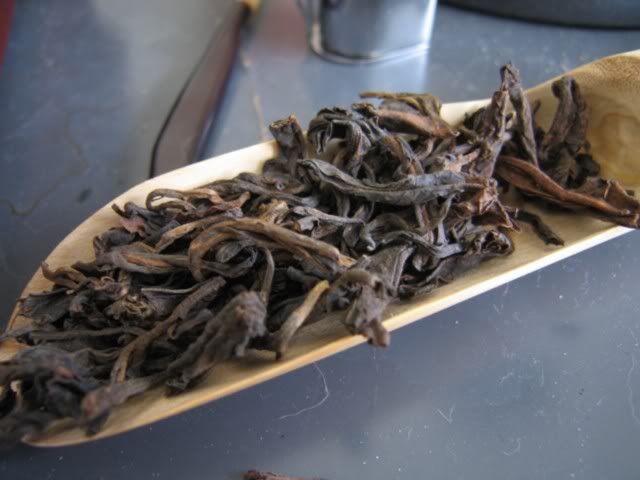
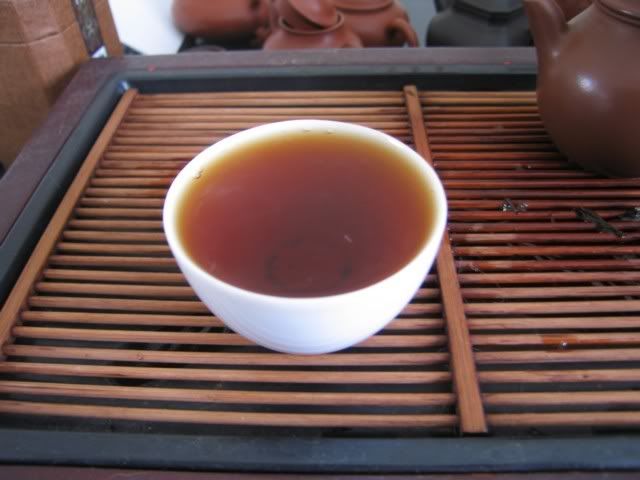
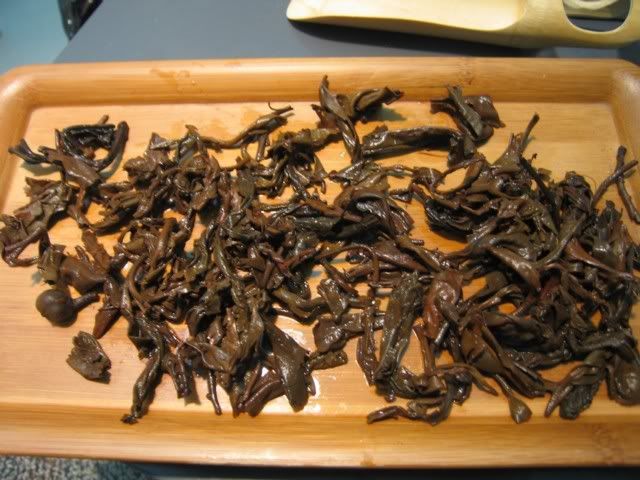

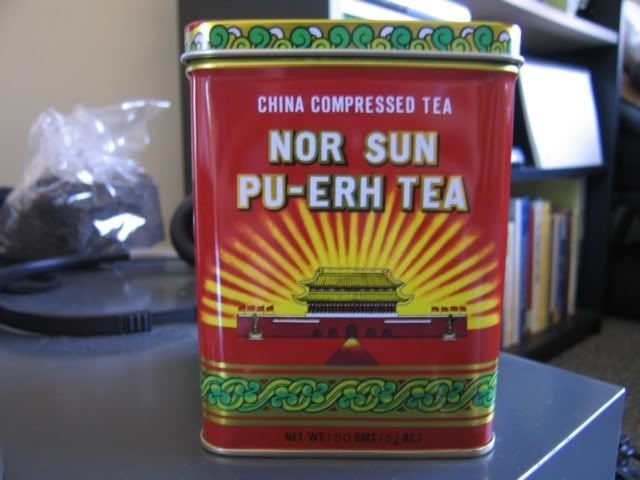
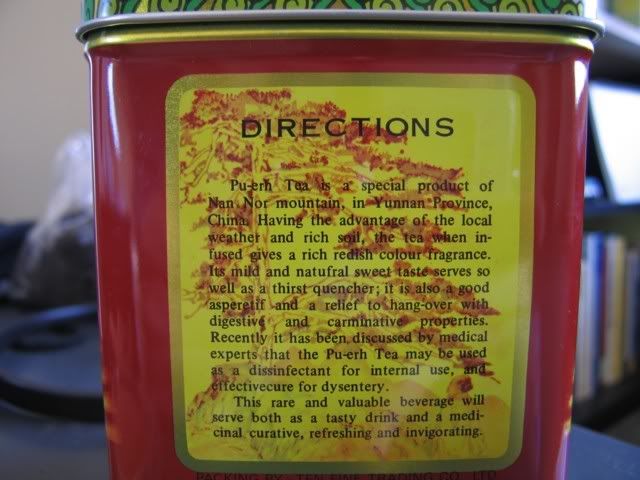
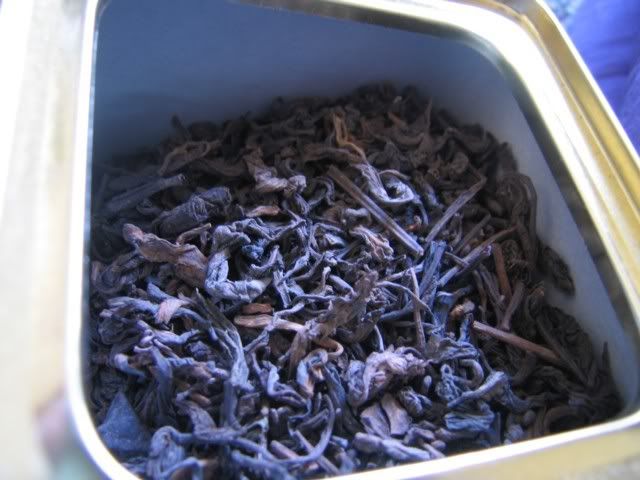
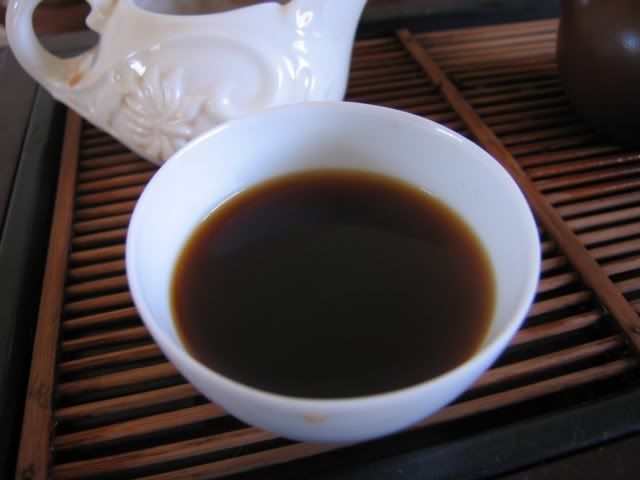
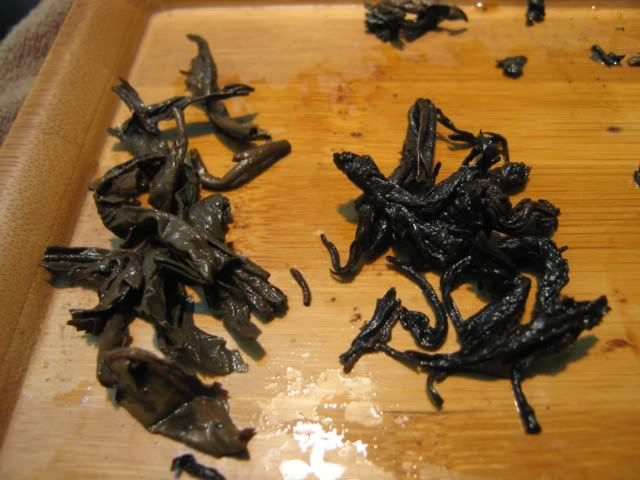
 RSS - Posts
RSS - Posts
I took you at your suggestion and have been reading some of your old post-Covid posts. I haven’t been to…